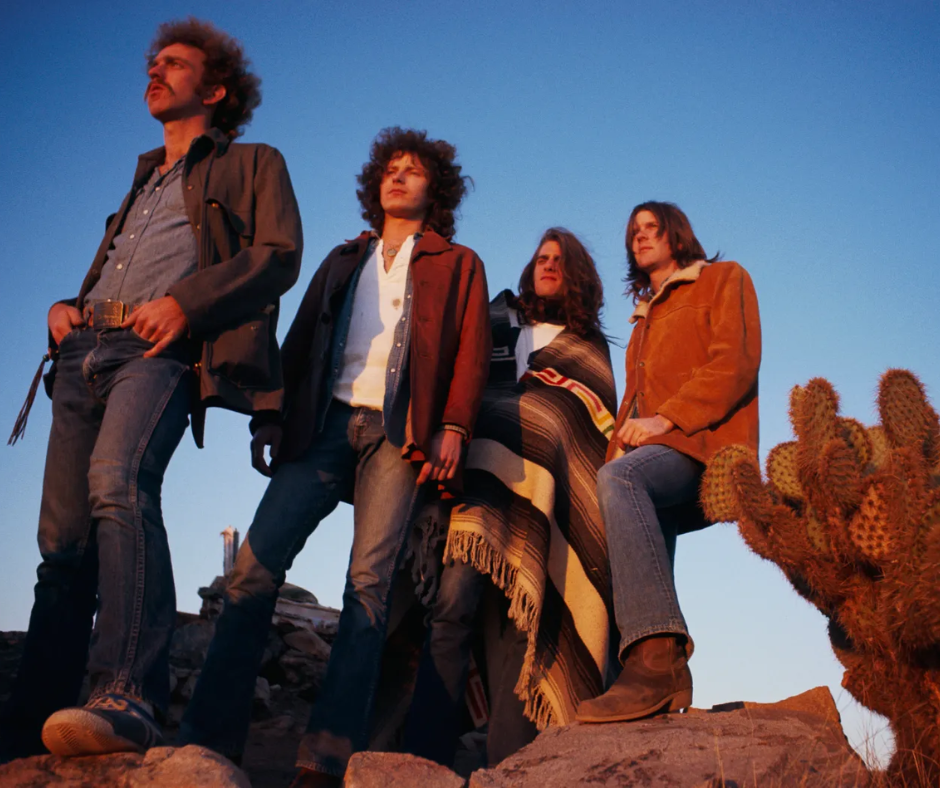About the song
Background
- Inspiration: Don Henley began “Desperado” years earlier, inspired by the works of Stephen Foster. Its initial focus was on a friend named Leo. It wasn’t until after the success of the Eagles’ first album that he and Glenn Frey collaborated as songwriters and completed “Desperado” with its Western-flavored outlaw concept.
- Album: The song was the title track of their iconic 1973 concept album Desperado. The album explored themes of outlaws and the Old West, and “Desperado” played a central role.
- Legacy: Despite never being a single, it’s one of the Eagles’ most beloved songs. Rolling Stone ranked “Desperado” at No. 494 on “The 500 Greatest Songs of All Time”.
Lyrics (abbreviated)
Desperado, why don’t you come to your senses? You’ve been out ridin’ fences for so long now Oh, you’re a hard one I know that you got your reasons Thesethings that are pleasin’ you can hurt you somehow…
(See full lyrics sources like [[invalid URL removed]] )
Themes
-
Loneliness and Isolation: The core theme is the loneliness of a life outside society’s norms. The outlaw ‘Desperado’ is a figure hardened by solitude and unable to accept love or help.
-
Lost Love and Regret: Hints of lost love and potential for redemption appear. The female voice pleads for Desperado to “come to your senses”, implying he’s lost his way and closed his heart.
-
The Myth of the Rugged Individual: It touches on the Western myth of the outlaw, both its allure and its inevitable destruction. The song questions rather than glorifies this image.
-
Freedom vs. Belonging Desperado symbolizes a figure choosing total freedom over connection. The song asks if true freedom can ever exist without a sense of belonging.
Additional Notes:
- Musical Style: “Desperado” is a ballad, stark in instrumentation, emphasizing a lonely, haunting atmosphere.
- Linda Ronstadt’s Impact: Her cover version of “Desperado” released before the Eagles’ own version helped popularize the song and influenced its growing recognition.
